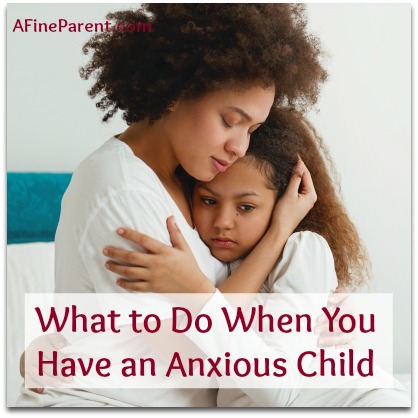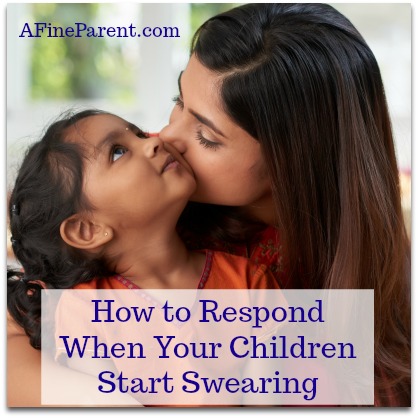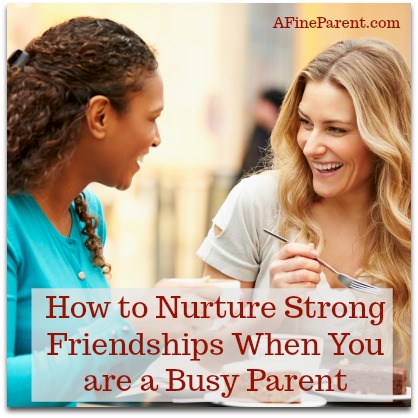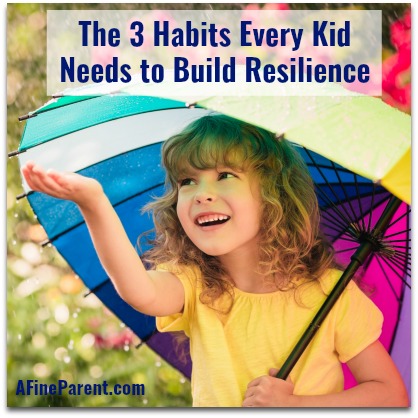 A lot of times, I find myself struggling with the urge to buy that new trendy phone (which I don’t need anyway).
A lot of times, I find myself struggling with the urge to buy that new trendy phone (which I don’t need anyway).
Or eating out at lunch rather than bringing one in from home.
Or buying my kids a toy when they’ve been especially good.
Sound familiar?
Early last week I attended a personal finance seminar that left me thinking. Would I want my kids to manage their finances like I do? How am I doing in keeping up with my saving goals? Am I going to have enough for those big things I need? How about retirement? And what am I teaching my kids about spending versus saving money?
In our daily lives, we are bombarded by multiple messages urging us to spend. From TV commercials to web banner ads, the message is the same: BUY ME!
With consumerism being normalized as a vital part of our daily lives, the time is ripe to teach our kids the value of money as early as their preschool years.
There are many reasons why starting early is important. One, kids absorb knowledge faster at this age. They then form habits that they take with them into their adulthood.
Alfred Adler, in his groundbreaking individual psychology theory, remarks that a child’s attitude towards the problems of life is governed by their childhood experiences. In fact, a Cambridge University study shows that adult money habits are set by age seven.
Secondly, we do not want our children to be part of the negative credit card statistics. In a personal finance survey for college students by Lend EDU, 59% of students surveyed graded themselves below average in successfully managing their finances. 41% of the 455 surveyed saved less than 10% of their monthly income.
Teaching kids the value of money helps with the setting of specific savings goals during their adult life. Without specific goals, saved money can easily be withdrawn for impulse buying and overspending.
Finally, you never know what is going to happen. Recessions happen. Employers go out of business. Cars need repairs. The roof needs replacing.
There are literally a thousand different emergencies that can happen and all of them require money. If you don’t have that rainy day fund saved your credit cards are going to take a hit and then you’re going to have to dig yourself out of the hole.
It is therefore important to teach our kids the value of money. These 4 tips will get you started on the beautiful journey to teaching consumer smarts.
 “Daaaaaaad!!!!! Get it!!!! NOW!!!!”
“Daaaaaaad!!!!! Get it!!!! NOW!!!!” There is nothing like hearing your child yell the dreaded F-word for the first time.
There is nothing like hearing your child yell the dreaded F-word for the first time. Close your eyes and imagine your child all grown up, savoring a free weekend. What do you see?
Close your eyes and imagine your child all grown up, savoring a free weekend. What do you see? Grit
Grit